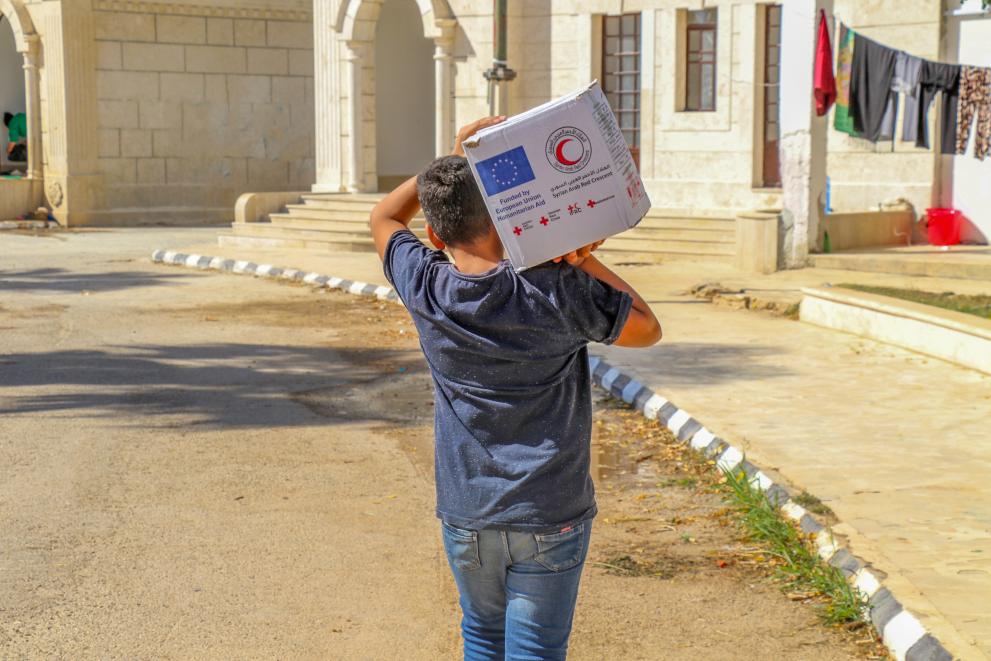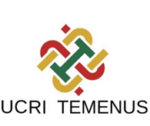A threat for EU civil protection & humanitarian aid

Information manipulation seeks to distort reality, misrepresent intentions, and sow division within communities. It erodes public trust in institutions – including the EU – and weakens their capacity to manage crises effectively.
Such manipulation can severely compromise humanitarian aid and disaster response by skewing perceptions, damaging credibility, and disrupting coordination.
Although misinformation is unintentional, it can be just as harmful. It may lead to confusion, misallocation of resources, and diminished confidence in humanitarian operations. During emergencies, misinformation often stems from misunderstandings, poor communication, or the rapid circulation of unverified content.
False, misleading or distorted information can negatively impact aid efforts
Reduced public support and funding
False claims about mismanagement or corruption within aid organisations can discourage donors, leading to decreased financial support and with that less help for the people in need.
Logistical disruptions
Misleading reports regarding security conditions or safety risks may result in unnecessary delays, rerouting, or even cancellation of aid convoys.
Community mistrust
Deceptive narratives that cast doubt on the intentions or effectiveness of humanitarian missions can lead communities to reject or mistrust incoming aid.
Operational risks
In conflict zones, fabricated stories can inflame tensions, putting aid workers and vulnerable populations at greater risk.
How to recognise and protect yourself from information manipulation related to civil protection and humanitarian aid operations?
Pause and think
During an emergency, resist the urge to quickly reshare any information you come across. Always check the information that makes you feel angry, afraid or excited. Sharing unverified claims can unintentionally amplify deceptive narratives which may harm the response and have serious real-world consequences.
Verify the source
In case of wildfires, earthquakes, floods and other natural hazards, local and international authorities remain the primary and reliable source of information. Moreover, established news outlets and reputable commentators tend to offer more credible information. Social media posts from anonymous accounts, hiding behind a nickname or an alias, should be treated with caution. Be aware that some malicious actors seeking to manipulate information are also able to impersonate credible sources, using clones of legitimate websites.
Beware of emotional manipulation
In crisis situations, people are often more vulnerable, scared and seeking for reassuring information. These legitimate emotions can be exploited by information manipulation actors, using emotional content, shocking images, or exaggerated claims to provoke fear, anger or mistrust. Approach such content with caution.
Double-check the facts
If you come across a questionable piece of information related to humanitarian aid or disaster response, you can always double check if it has been debunked or clarified by independent fact-checking organisations.
Visit the Strategic communication and countering information manipulation page to learn more about the work of the European Commission in this field.
